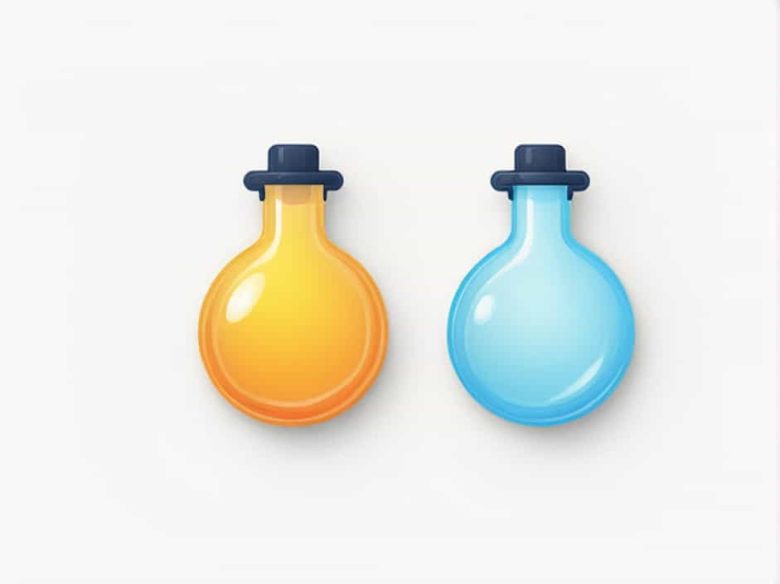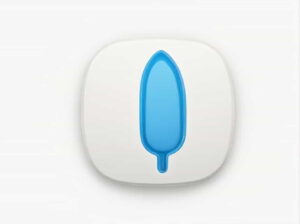Limescale buildup is a common issue in household appliances like kettles coffee makers and dishwashers. Over time mineral deposits from hard water can affect efficiency and performance. To remove limescale two popular natural descaling agents are often used: vinegar and citric acid.
Both have acidic properties that dissolve mineral deposits but which one is better for descaling? This topic will compare vinegar vs. citric acid in terms of effectiveness safety odor and ease of use.
What Causes Limescale Buildup?
Limescale forms when hard water which contains high levels of calcium and magnesium evaporates or is heated. It appears as a white chalky residue and can clog appliances reducing their efficiency.
Common household items affected by limescale include:
✔ Kettles and coffee makers
✔ Dishwashers and washing machines
✔ Bathroom faucets and showerheads
✔ Pipes and plumbing systems
To prevent and remove limescale regular descaling is necessary.
How Vinegar Works for Descaling
Acidity and Effectiveness
Vinegar contains acetic acid which is effective in breaking down limescale deposits. Most household vinegar has an acidity of around 5% making it strong enough for descaling but still safe for home use.
How to Use Vinegar for Descaling
- Mix equal parts of vinegar and water.
- Pour the solution into the appliance (e.g. kettle or coffee maker).
- Let it sit for 30-60 minutes to dissolve mineral buildup.
- Run the appliance or scrub the surface.
- Rinse thoroughly to remove any vinegar residue.
Pros of Using Vinegar
✔ Readily available and inexpensive
✔ Effectively removes stubborn limescale
✔ Works on multiple surfaces
Cons of Using Vinegar
✖ Strong unpleasant smell
✖ May leave an aftertaste in appliances
✖ Can corrode rubber seals over time
How Citric Acid Works for Descaling
Acidity and Effectiveness
Citric acid found naturally in lemons is a weaker acid compared to vinegar but still highly effective in dissolving limescale. It is commonly sold in powdered form making it easy to store and use.
How to Use Citric Acid for Descaling
- Dissolve 1-2 tablespoons of citric acid powder in 1 liter of warm water.
- Pour the solution into the appliance.
- Let it sit for 30-60 minutes to break down mineral deposits.
- Run the appliance or scrub the surface.
- Rinse thoroughly to remove any residue.
Pros of Using Citric Acid
✔ No strong odor or aftertaste
✔ Gentle on appliances and seals
✔ Biodegradable and environmentally friendly
Cons of Using Citric Acid
✖ May take longer to remove thick limescale buildup
✖ Slightly more expensive than vinegar
✖ Not as widely available as vinegar in grocery stores
Vinegar vs. Citric Acid: Side-by-Side Comparison
| Feature | Vinegar | Citric Acid |
|---|---|---|
| Acid Type | Acetic Acid (5%) | Citric Acid |
| Odor | Strong and unpleasant | Mild and lemon-like |
| Effectiveness | Stronger on thick limescale | Works well but takes longer |
| Residue | May leave an aftertaste | No noticeable residue |
| Ease of Use | Liquid ready to use | Powder needs dissolving |
| Safety for Appliances | Can corrode rubber seals over time | Gentler on appliances |
| Availability | Easily found in supermarkets | May need to buy online or in specialty stores |
| Environmental Impact | Biodegradable but has a strong smell | Fully biodegradable and eco-friendly |
Which One Should You Use?
The choice between vinegar and citric acid depends on the type of appliance and your personal preference.
✔ Use vinegar if you need a stronger faster descaling solution and don’t mind the smell. It’s ideal for heavily scaled kettles coffee machines and faucets.
✔ Use citric acid if you want a gentler odor-free option that won’t leave an aftertaste. It’s perfect for food-related appliances like coffee makers and kettles.
For the best results some people use a combination of both—starting with vinegar for tough deposits and finishing with citric acid to neutralize odors.
How Often Should You Descale?
The frequency of descaling depends on water hardness and appliance usage:
✔ Hard water areas: Every 1-2 months
✔ Soft water areas: Every 3-4 months
✔ Coffee machines and kettles: Every 4-6 weeks
Regular maintenance ensures that appliances function efficiently and last longer.
Both vinegar and citric acid are effective natural descalers but they have different strengths. Vinegar works faster and more aggressively while citric acid is gentler and odor-free. Choosing the right one depends on your specific needs and sensitivity to smell.
By using either of these eco-friendly descalers you can extend the life of your appliances prevent limescale buildup and keep your kitchen running smoothly.



